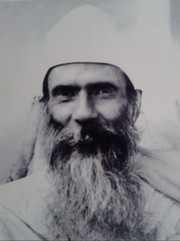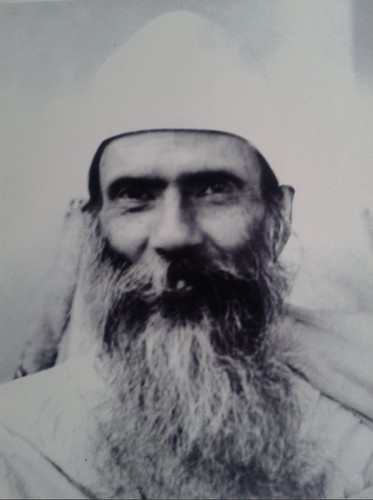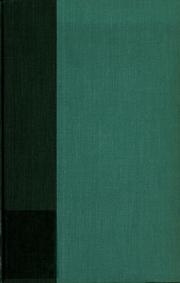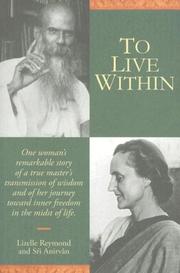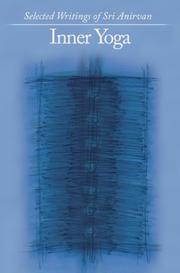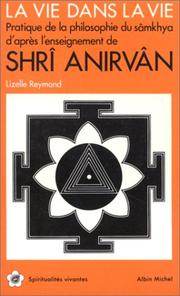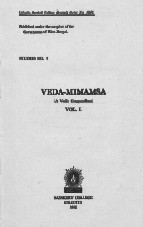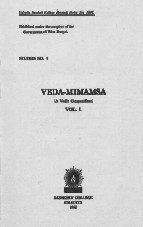Sri Anirvan was born on July 8, 1896 in the town of Mymensingh, then a part of British India and now in Bangladesh. His birth name was Narendrachandra Dhar. He was the son of Rajchandra Dhar, a doctor, and Sushila Devi. He was a spiritually and intellectually inclined child, who by age 11 had memorized the Astadhyayi of Pāṇini and the Bhagavad Gita. He was named Baroda Brahmachari after going through the sacred thread ceremony. He also won a state scholarship as a teen and completed university IA and BA degrees at the University of Dhaka and an MA from the Sanskrit College of the University of Calcutta.
At 16, he joined the Assam Bangiya Saraswata Math (the ashram), located in the village of Kokilamukh near Jorhat in Assam. He was a disciple of the ashram's founder, Paramahansa Srimat Swami Nigamananda Saraswati Dev, who initiated him into sannyas. Anirvan's new monastic name was Nirvanananda Saraswati. He taught at the ashram school and edited its monthly magazine Aryyadarpan.
Some time after 1930, Nirvanananda changed his name to Anirvan and ceased to wear the ochre swami's robes. He travelled widely in North India, eventually returning to Assam and establishing an ashram in Kamakhya near Guwahati. However, he continued to travel. In the 1940s, he lived in Lohaghat and Almora. Madame Lizelle Reymond documented some of this period in My Life with a Brahmin Family (1958) and To Live Within (1971). During this time, Sri Anirvan translated Sri Aurobindo's The Life Divine into Bengali (as Divya Jeevan Prasanga); this book, his first, was published in two volumes between 1948 and 1951.
In 1953, Sri Anirvan moved to Shillong in Assam.His reputation as a Vedic scholar grew; and he wrote both in Bengali (chiefly) and in English (he was also fluent in French) on various aspects of Hindu philosophy (particularly Samkhya, the Upanishads, the Gita and Vedanta) and the parallels between Rigvedic, Puranic, Tantric and Buddhist thought. His magnum opus, Veda Mimamsa, was published in three volumes in 1961, 1965 and 1970. This work won him the Rabindra award.
Sri Anirvan made his final move, to Kolkata, in 1965. He died on May 31, 1978, after a six-year illness.
19 works Add another?

Most Editions
Most Editions
First Published
Most Recent
Top Rated
Reading Log
Random
Showing all works by author. Would you like to see only ebooks?
Subjects
Spiritual life, Sankhya, Criticism, interpretation, History and criticism, Upanishads, Vedanta, Vedas, Aims and objectives, Bengali literature, Buddhist thought, Correspondence, Doctrines, Early works to 1800, Education, Hindu philosophy, Hinduism, Hinduism - General, Islam - General, Islamic Philosophy, Islamic philosophy, Meditations, Philosophers, Philosophy, Puranic, ReligionPeople
Anirbāṇa (1896-1978), Lizelle Reymond, Sri Anirvan, 1896 – May 31, 1978) born Narendra Chandra Dhar (Bengali: নরেন্দ্রচন্দ্র ধর), Anirban, Anirvan (1896-), Anirvan (July 8, Aurobindo Ghose (1872-1950), Shrî AnirvânID Numbers
- OLID: OL3128800A
- ISNI: 0000000374653250
- VIAF: 166561737
- Wikidata: Q7585786
- Inventaire.io: wd:Q7585786
Links outside Open Library
Alternative names
- Anirvan
- Anirvan.* Anirban
| September 30, 2020 | Edited by MARC Bot | add ISNI |
| March 31, 2017 | Edited by MARC Bot | add VIAF and wikidata ID |
| June 20, 2014 | Edited by Haimavati Anirvan Org | Added three new external links |
| June 20, 2014 | Edited by Haimavati Anirvan Org | Added photograph, links, merged authors, added author names .. |
| April 30, 2008 | Created by an anonymous user | initial import |

